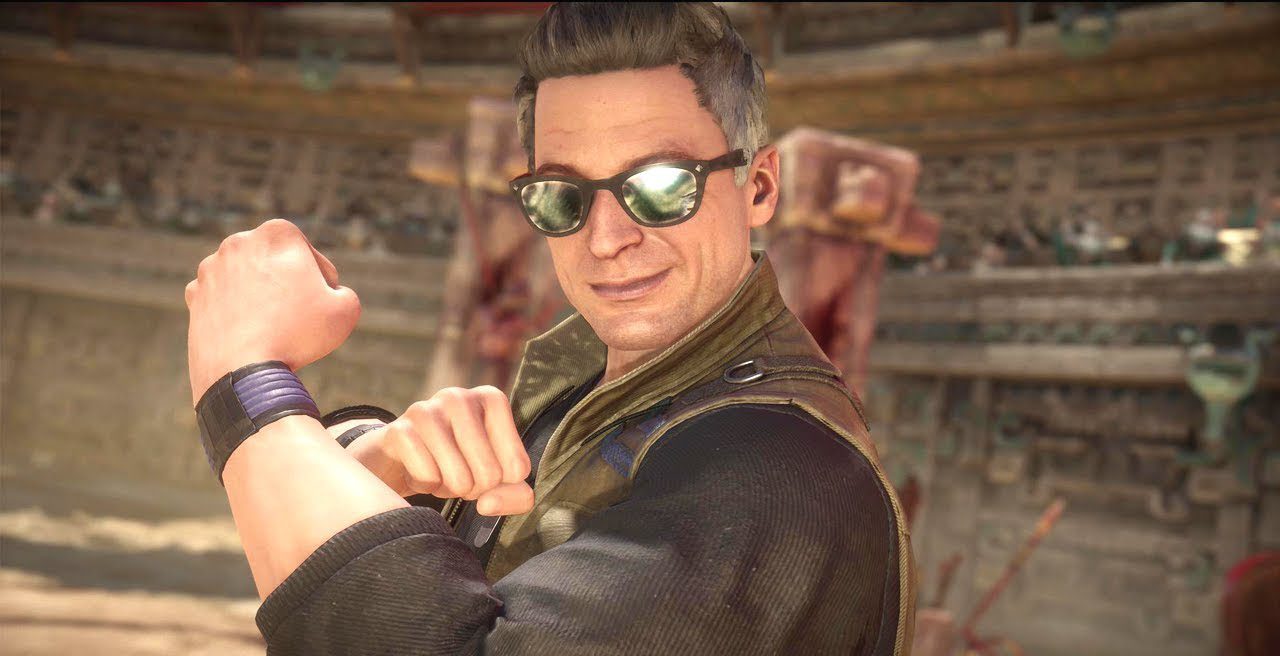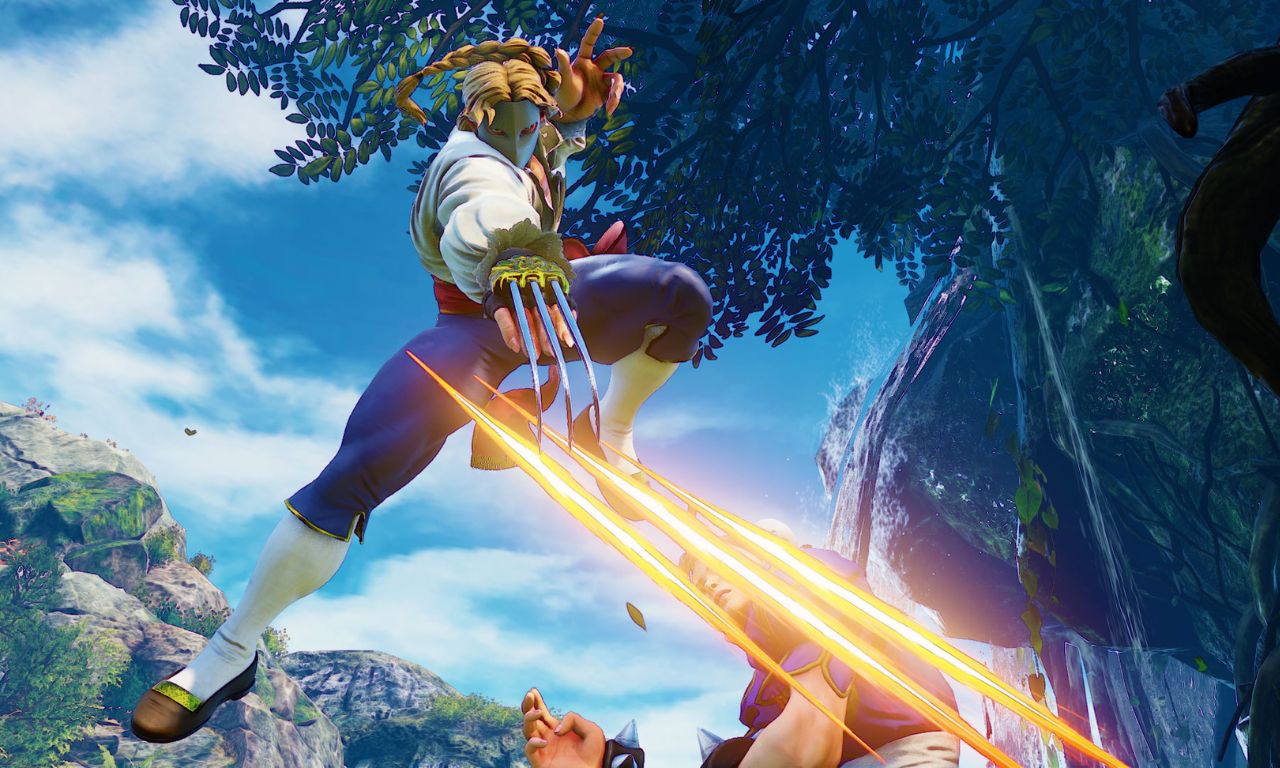
In the Fighting Game Community, not everyone is a hardcore competitor. Fighting games are games, and a lot of us just enjoy playing them for fun. But if you’re looking to rise in the ranks, you’ll need to build a competitor’s mindset. Doing so will require you to exercise a righteous power over your emotions. Manual dexterity and matchup knowledge are important, too, but all the talent in the world won’t help if you fall victim to the seven deadly sins of competitive fighting games.
Wrath

According to a familiar phrase, you should hate the game rather than the player. But if you want to get good at fighting games, you shouldn’t hate either one. Indulging in your anger is nothing more than a way of distracting yourself from your own shortcomings. Even if your opponent beat you with a cheap character or playstyle, you still allowed them to; and even if the game mechanics aren’t to your liking, it’s still up to you to make them work in your favor.
When controlled and used as motivation, frustration can be an extremely powerful tool. But when you allow yourself to wallow in your wrath, you only make yourself weaker.
Envy

Envy is always lurking. No matter how good you get, there will always be players who do certain things better than you. And no matter how good your character is, other characters will always have tools that you wish yours had. It’s easy to fixate on the things you lack. But it won’t make you any better of a player. Instead, look to your own strengths and try to see them in a new light. That way, you have a better chance of finding the creative approach that will make other players envious of you.
Lust

There’s almost nothing in life that can fill you with as much confidence as pulling off a sexy play in a match. Whether it’s a soul-crushing read or a swag combo, it feels good to make a highlight play. But there’s a reason why the Harlem Globetrotters aren’t in the NBA: a lot of the time, the process of winning just isn’t fun or exciting. In many cases, you’ll have to win ugly, which you can only do by reining in your desire to show off.
Greed

In fighting games, greed rests on a fundamental misunderstanding of how you win. Using an extra meter to close out a round means that you have one fewer meter going into the next round, but meter doesn’t win for you. You win by outplaying your opponent, and that’s where your focus should always be. It may feel reassuring to have all your tools at your disposal, but you can’t take them with you once the match is done.
Sloth

There’s a reason why “lab it out” is one of the most common pieces of advice that fighting game players hear. Whether it’s for the sake of execution, confidence, scenario training, or creativity, the roots of all of your progress should trace back to training mode. Hoping to find a shortcut that evades the lab is little more than sloth.
Pride

The life of a competitive fighting gamer is full of opportunities to fail. Of all of these traps, the one that’s hardest to avoid isn’t a filthy mixup or bad matchup. Rather, it’s the moment when you have to explain to yourself why you lost a match. It’s all too easy to discard the explanations that make you uncomfortable and elevate those that reinforce your existing concept of who you are as a player.
For example, if you’re a low-tier hero, it’s easy to shield yourself by blaming your character for your losses – even though you were the one who picked that character in the first place. The more you catch yourself thinking “it’s not me, it’s X” or “this weakness is something I just have to accept, so I’ll just work more on my strengths,” the more you should ask yourself whether you’re falling victim to your own pride.
Gluttony

Gluttony is one of the hardest tendencies to beat in fighting games, because it’s so pervasive across all parts of life that it simply seems normal. No matter what we’re doing, we want to succeed, and we want to succeed now. It’s incredibly hard to accept failure, and it’s even harder to plan for failure. Yet the best fighting game players understand that their careers involve trial and error. No matter how good your new character, tactic, technique, or trick seems in the lab or in casuals, the true test only happens in a bracket.
For this reason, it’s vital to be able to distinguish winning opportunities from learning opportunities. Without the former, your growth as a competitor wouldn’t be meaningful – but without the latter, it would be prohibitively difficult (or impossible) to grow in the first place. Being “hungry for the win” is admirable in the right time and place. But if you’re hungry all the time, you’re just a glutton.



Comments